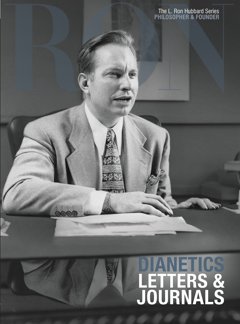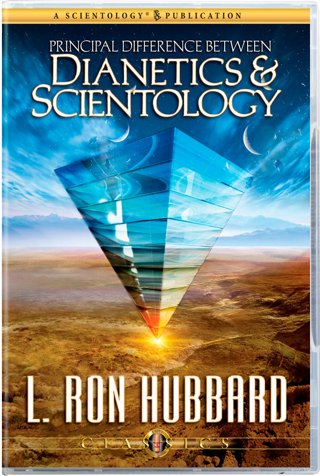More About Dianetics
More About Dianetics
Blog Article
8 Easy Facts About Dianetics Shown
Table of ContentsGetting My Dianetics To WorkDianetics - QuestionsSome Known Details About Dianetics The Greatest Guide To Dianetics
I could not ever before not want to receive anything that enters your mind for you- if it was or else, I wouldn't be resting right here with you, doing this. I not just might never have an issue, or otherwise wish to listen to something that enters your mind for you, but I'm entirely anxious to understand every concept, every idea, every image or sensation that emerges or shows up for you- don't ever before believe or else, and if for one reason or another you do, please just allow me understand! In some cases, you might have a thought, and picture, concept or event turn up that does not seem to address the question, or connect to it, but nonetheless, constantly do tell me concerning it, and as we continue, the significance will arise for you.This is integral in the basis of processing, and the subject of this conversation: the standard roles of the counselor and the customer: The standard role of the therapist is, in contrast to "typical training", not to manage, which suggests to implement and/or hinder, but to instead work from the basis of EMPOWERING THE CLIENT.

The Dianetics Ideas
John Mcmasters expressed this fundamental fact incredibly well in among his talks on Power processing, wherein he explains how he was asked what this "unique propensity" was that he had for offering such fantastic sessions; he had to think regarding that for a minute, and detected that it was what he had not been doing, as well as what he was doing: he wasn't assessing, judging, computer, or as a matter of fact, producing any kind of ideas, allow alone spoken expressions, after giving the command and while waiting for the PC to complete their response to their satisfaction; he was, just and only, being present with the computer, and entirely interested.
The role of the counselor, demonstrated; that was his "unique knack". I have actually had my own experience which showed me this well, very at an early stage in the game. In 1982, having actually just recently completed my training and internship on New Age Dianetics, I was running this on a PC, and there was a factor in the session where (being a little bit damp behind the ears not yet having several hours under my belt as a specialist auditor) the computer seemed to be "taking also long" to express anything vocally after I provided him a command.
This secret turned out to be one of the most important contribution that John ever before made to the subject of therapy or auditing (Dianetics). In my humble point of view, it is the biggest contribution that anyone has ever before made to these subjectsthe application is totally non-judgemental, non-evaluative, and without any type of recommendation, advice or opinion.no preconceived schedule for people, or 'levels' that they should do
In Scientology we prided ourselves on not examining for people. All that truly suggested was that the auditor did not VERBALLY examine for the Computer in session.
The smart Trick of Dianetics That Nobody is Talking About

Anyone that had actually ever seen John audit might not aid but observe an one-of-a-kind top quality in his auditing."The customer's standard role is to be there with the function of relocating the direction of their spiritual objectives, and to easily and totally express and experience whatever materializes for them in addressing the concerns and performing the directions in the handling.
This is something to procedure as required. Also, people often have previous experience and/or brainwashing in auditing/processing which, in some means, and to some levels, in fact misguides them right into mindsets, ideas and habits patterns that avoid the complete realization of these roles, and so they will tend to inhibit the expressing of what comes to mind, this website as in the instances offered over - Dianetics. * The initial, and perhaps foremost examples of mis-indoctrination causing less than completely smooth and effective sessions, can be located in certain aspects of the training regimens, or "TR's":"TR's" are usually an individual's very first, or at least early, experience in Scientology, and while I will go on to clarify what I view as the defects in principle and practice, nonetheless, have a tendency index to be significantly therapeutic, done as they are provided (Hubbard urges that "TR's are not processing, they are educating", however factually, they are both handling AND training)
There is no "failing", and no rejection of the reality of this being processing. The emphasis, as it should be, is on experiencing the other individual's presence.
The Dianetics Ideas

Report this page